Ben Franklin, America’s First Man of Science
Benjamin Franklin was one of the world’s foremost inventors and scientists in the 1700s. His creative genius and inventiveness led to many significant discoveries that made living life easier for all. Moreover, he was proof positive that brilliant minds existed in British America, despite its backwoods reputation in Europe.
Although Franklin only received two years of formalized schooling, he was naturally inquisitive and had a gift for understanding how things worked. He was also blessed with an innate tendency to roll up his sleeves and get his hands dirty by tinkering with machines.
Among Franklin’s many creations were bifocals which he called “double spectacles”. He created these by cutting in half two lenses with different strengths and placing the two halves together in the same frame, a simple but ingenious concept.
Most houses in colonial America were heated by a fireplace which lost most of their heat up the chimney. Franklin invented a cast-iron fireplace, today called the Franklin stove, which stood a few inches away from the chimney. This innovation provided better heat for a longer period and produced less smoke.
His most famous inventions and scientific discoveries came in the field of electricity, which became his all-consuming passion. Franklin even stated, “I have never before engaged in any study that so totally engrossed my attention and time” as electricity.
Louis Figuier. From Les merveilles de la science, ou Description populaire des inventions modernes.
In the winter of 1746-47, Franklin began investigating electrical phenomena in earnest. Early on, he theorized that lighting was essentially electricity, and the famous story of Franklin and his son William flying a kite in a storm to verify if an electrical charge could be pulled from a cloud is a true one. The ever-resourceful Franklin even used his newfound knowledge to roast several turkeys with lightning, and he declared the birds to be “uncommonly tender!”
As Franklin’s findings made their way across the Atlantic, scientists in Europe who were conducting similar experiments began to take note. In 1751, the Englishman Thomas Collinson published much of Franklin’s work under the title Experiments and Observations of Electricity, and, from this book, Franklin’s fame spread.
Later, as Franklin continued his experiments with electricity, he invented the lightning rod to protect wooden buildings from lightning strikes. Consistent with his establishment of the Union Fire Company, Franklin hoped to minimize the danger of fires in his adopted city of Philadelphia.
Franklin theorized that his pointed rods would “probably draw the electrical fire silently out of a cloud before it came nigh enough to strike” a house. Franklin’s invention proved so effective it was soon standard on buildings throughout the colonies.
He also first used the term “electrical battery” when he created a lead and glass plate device that could store electricity for use on demand. Additionally, he came up with terminology for numerous items in this new scientific field to include conductors, charge, discharge, condense, armature, and electrify.
Amazingly, this very gifted man refused to get a patent on any of his inventions. Franklin felt his creations should be shared for the betterment of mankind and stated, “that as we enjoy great advantages from the inventions of others, we should be glad of an opportunity to serve others by any invention of ours; and we should do this freely and generously.”
Franklin felt there was a Divine God who played a role in our daily lives and “the most acceptable service of God was the doing good to man.” Franklin’s willingness to freely share his inventions with mankind demonstrates that he lived out this credo.
WHY IT MATTERS
So why should Ben Franklin’s scientific achievements and inventions matter to us today? Ben Franklin was one of the most brilliant men our nation or the world has ever produced. His remarkable achievements brought fame to America and made Europeans realize that great minds existed in this largely unsettled and underdeveloped land.
Moreover, Ben Franklin set an example for other Americans regarding the need to participate in improving our society wherever possible. His efforts helped to define who we are as a people and shape the American character.
SUGGESTED READING
Benjamin Franklin’s Autobiography is an American classic and one of the most widely read books of its type. Franklin’s witticisms and insight are timeless. One can learn a lot of life’s lessons by reading this wonderful book.
PLACES TO VISIT
The oldest, and arguably most beautiful, church in Philadelphia is Christ Church. Mostly built between 1727 and 1744, many of our Founding Fathers, including Ben Franklin, attended services here. It is wonderfully preserved; you will enjoy spending a few quiet moments in it.
Until next time, may your motto be “Ducit Amor Patriae”, Love of country leads me.

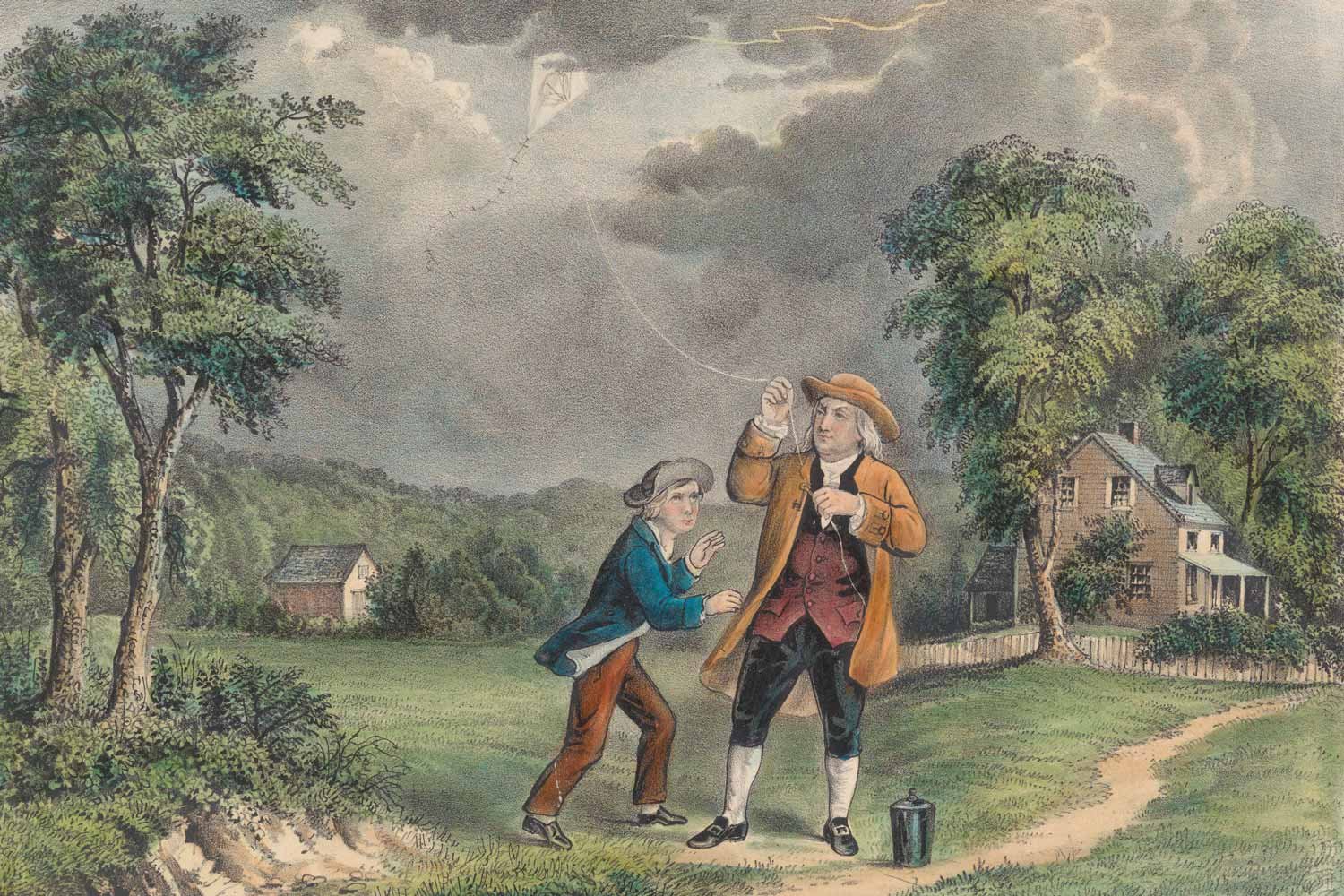
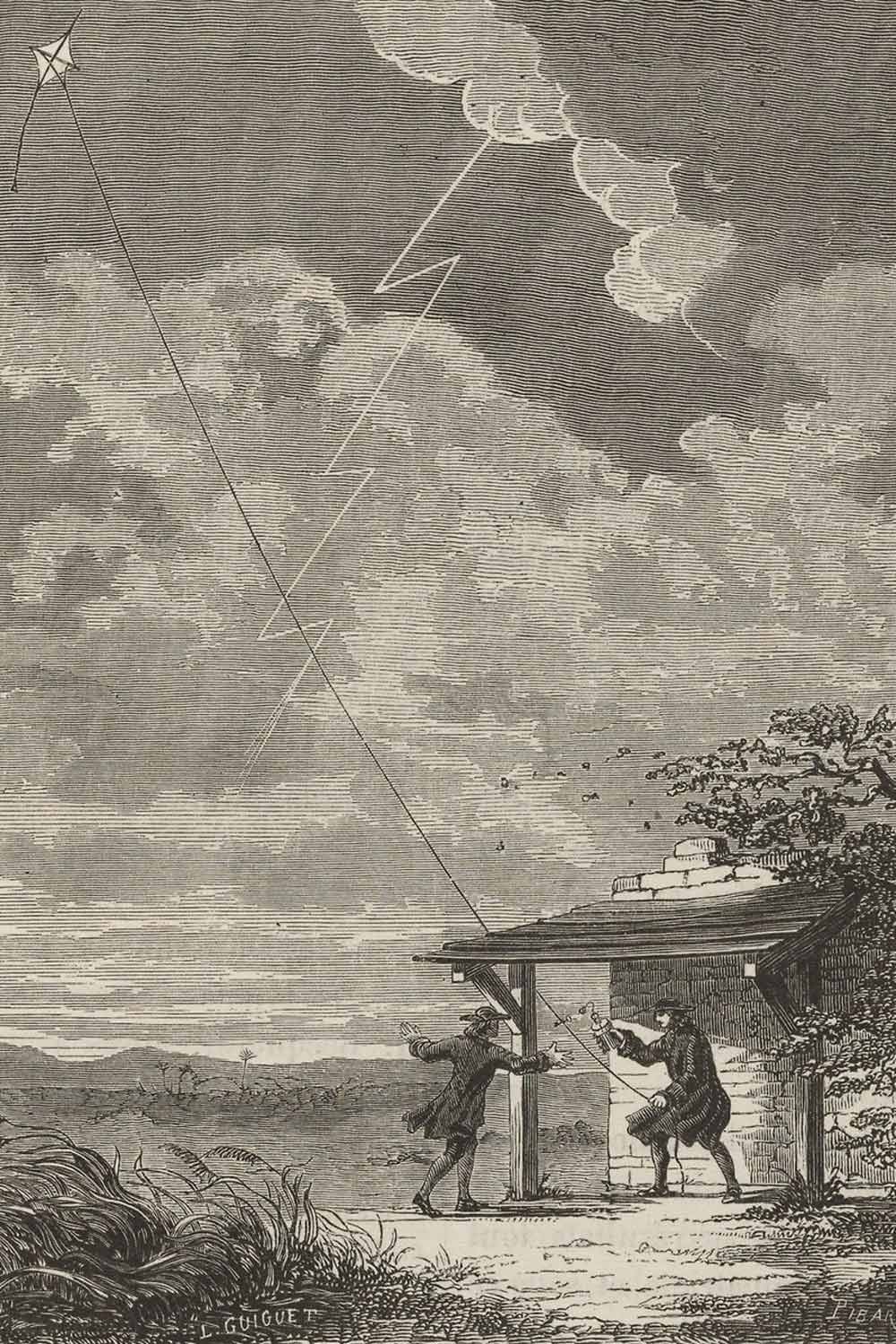
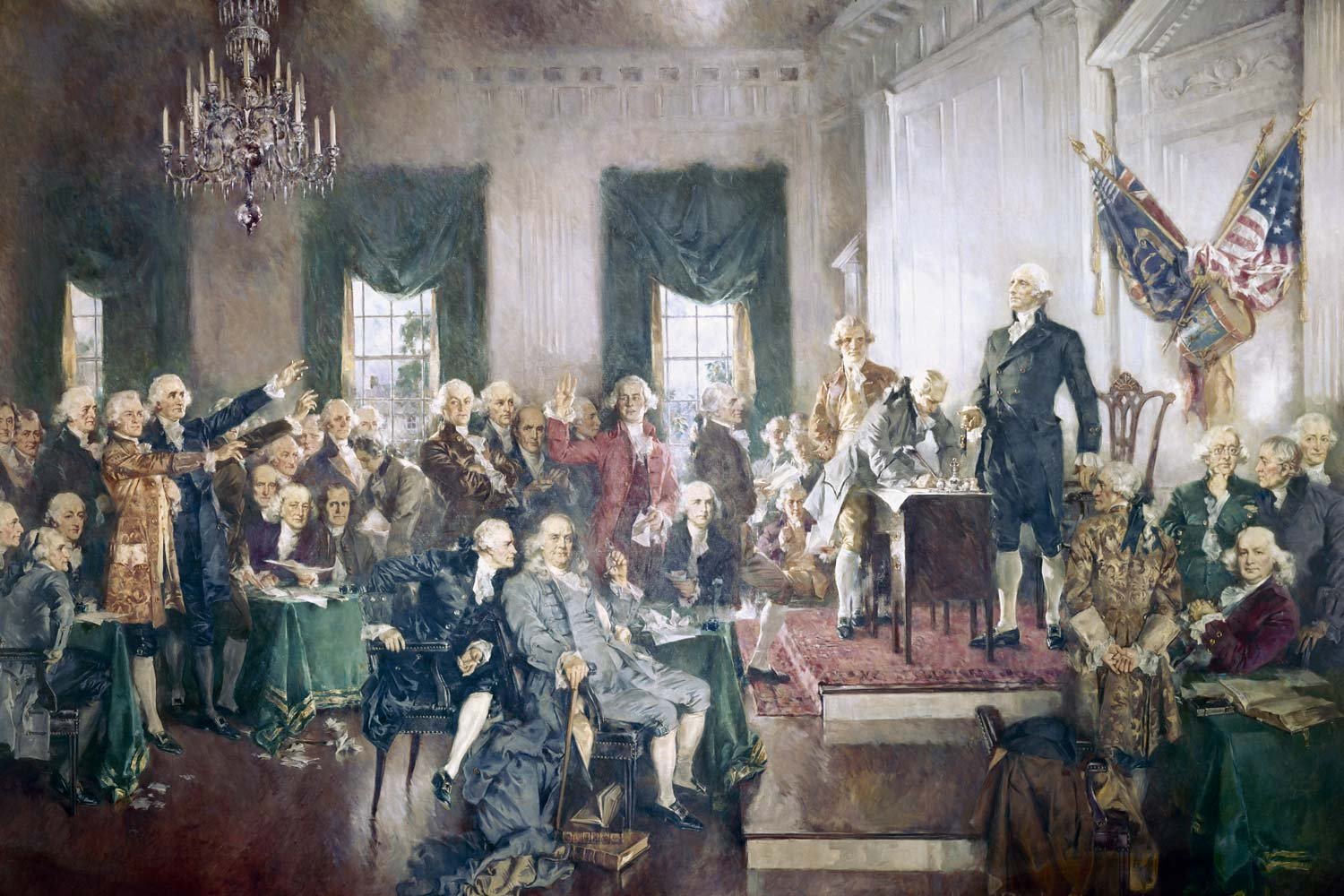
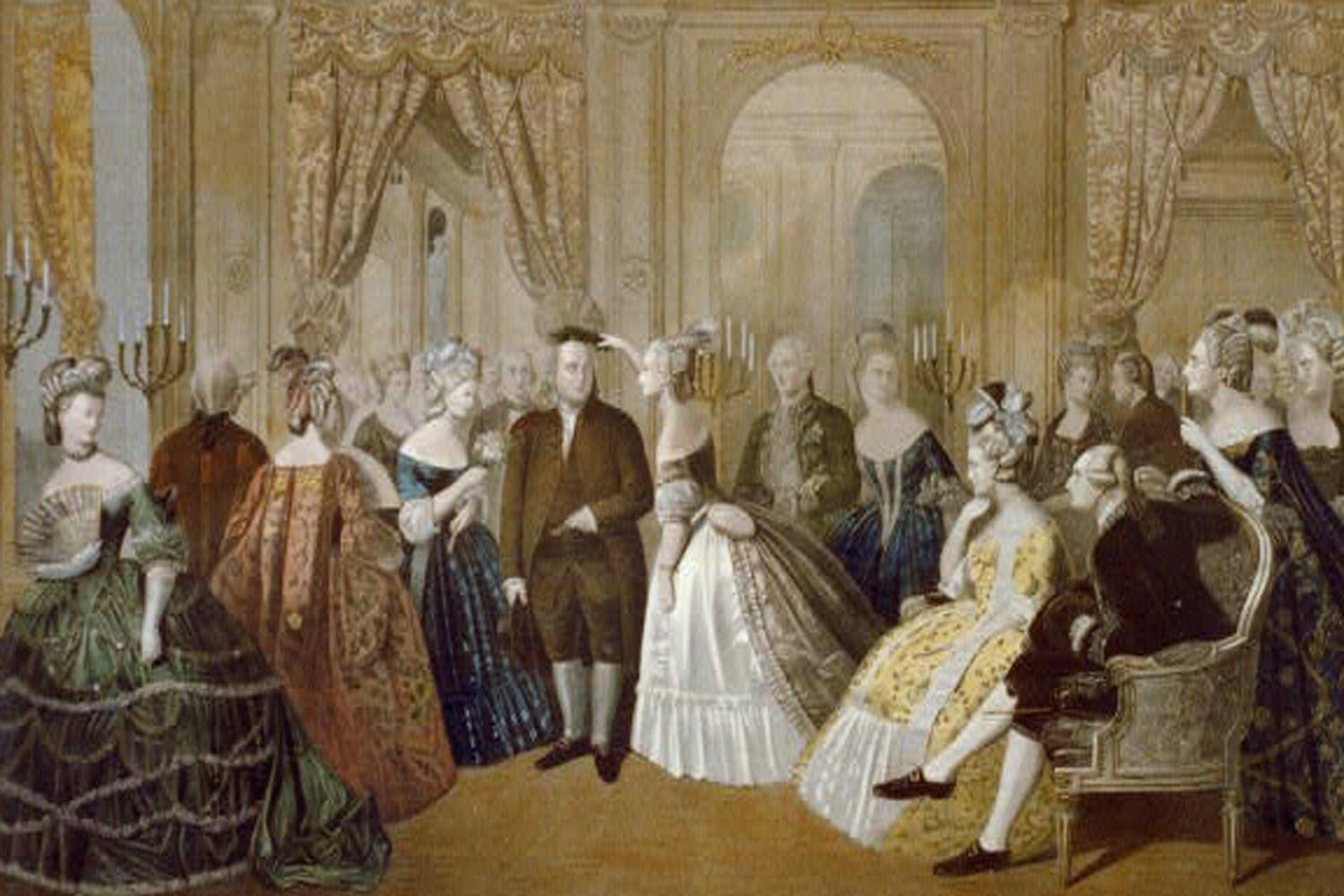
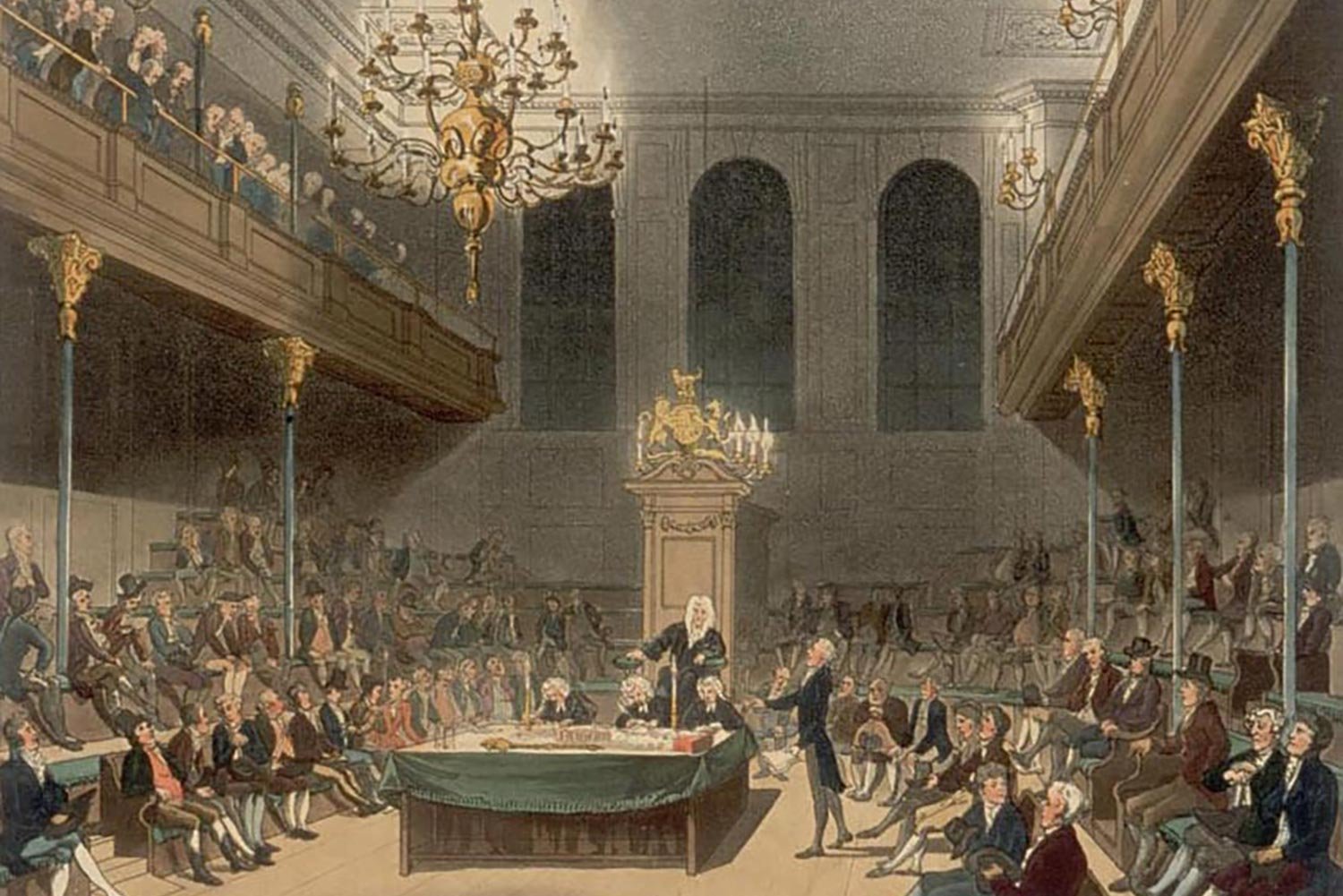
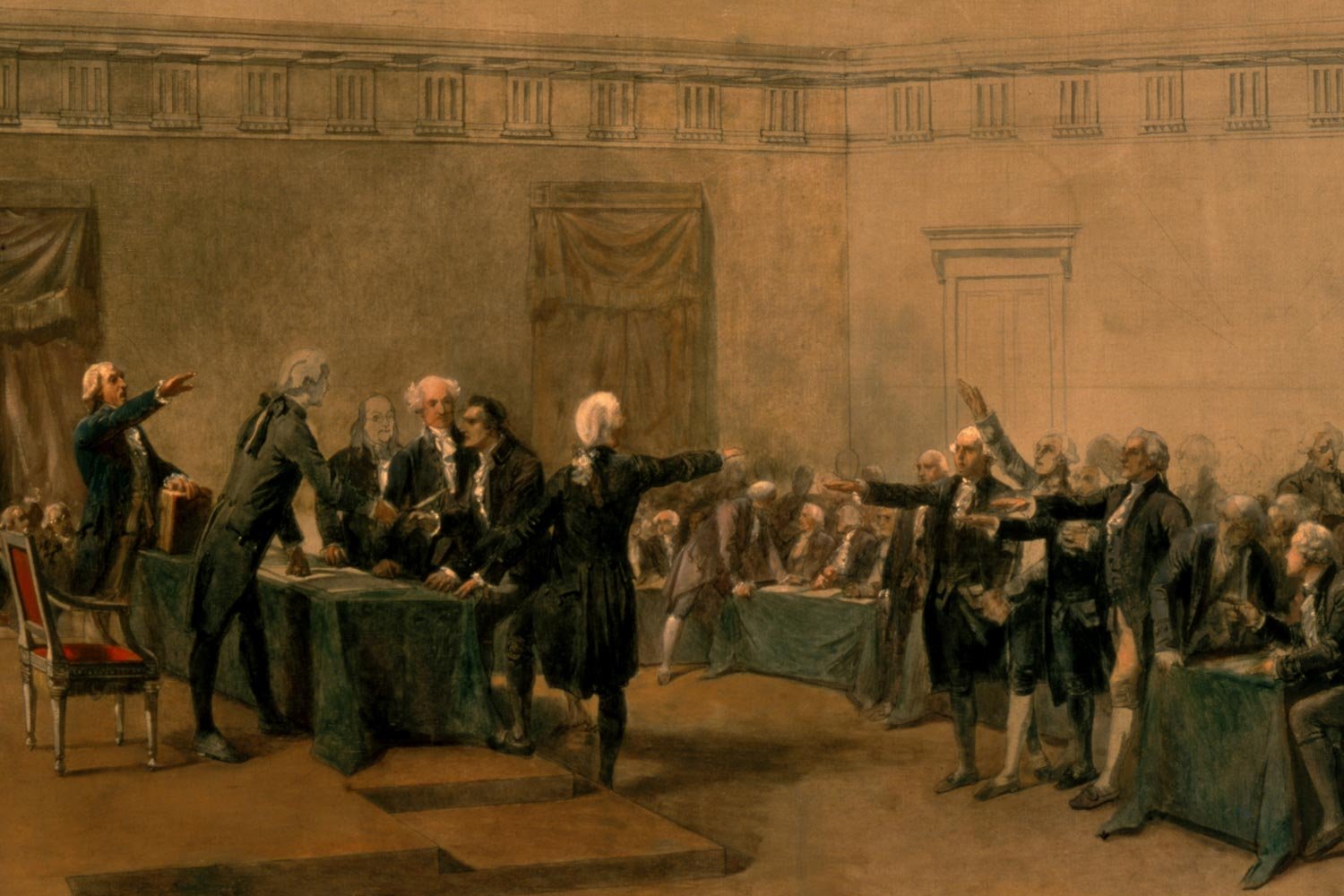
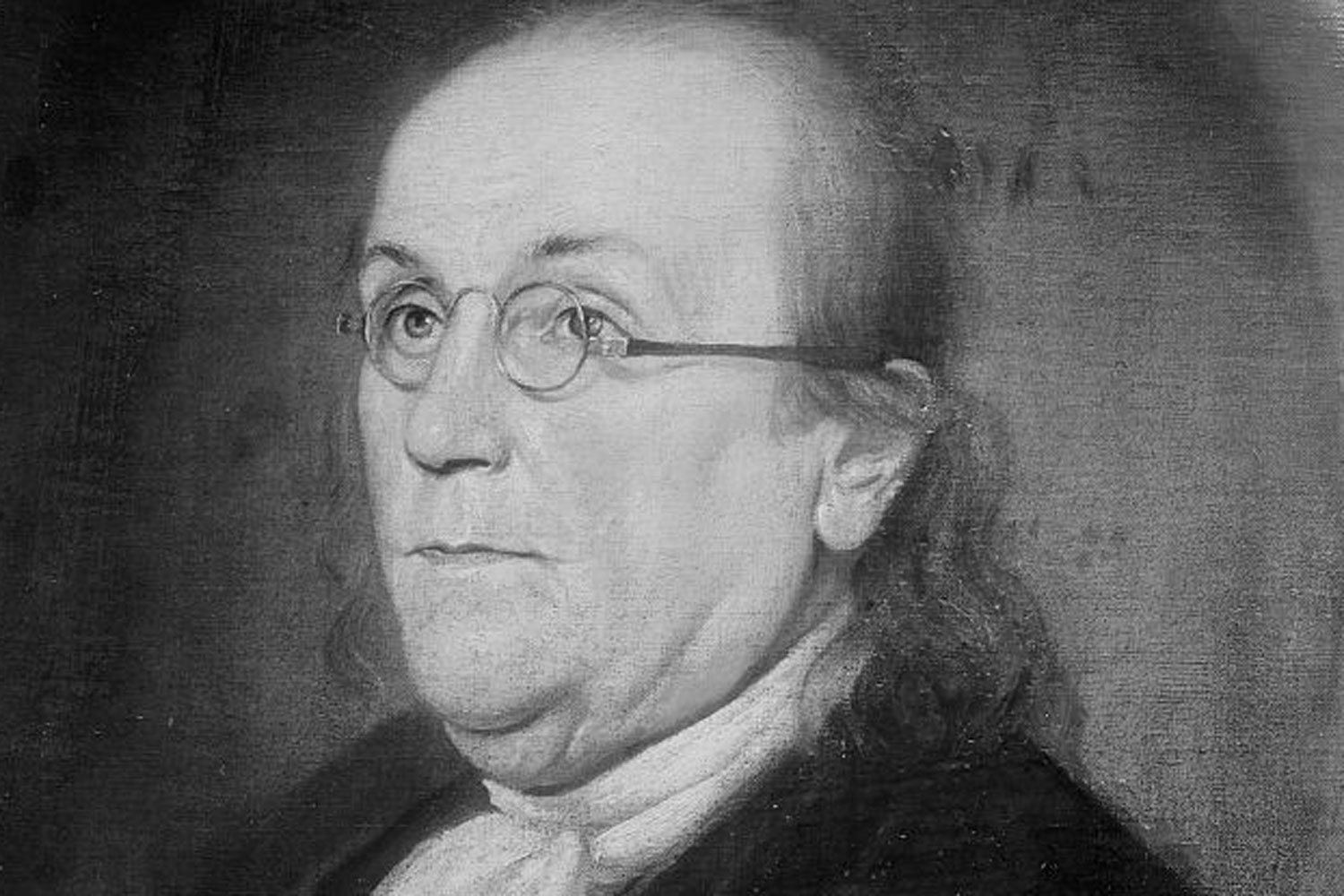
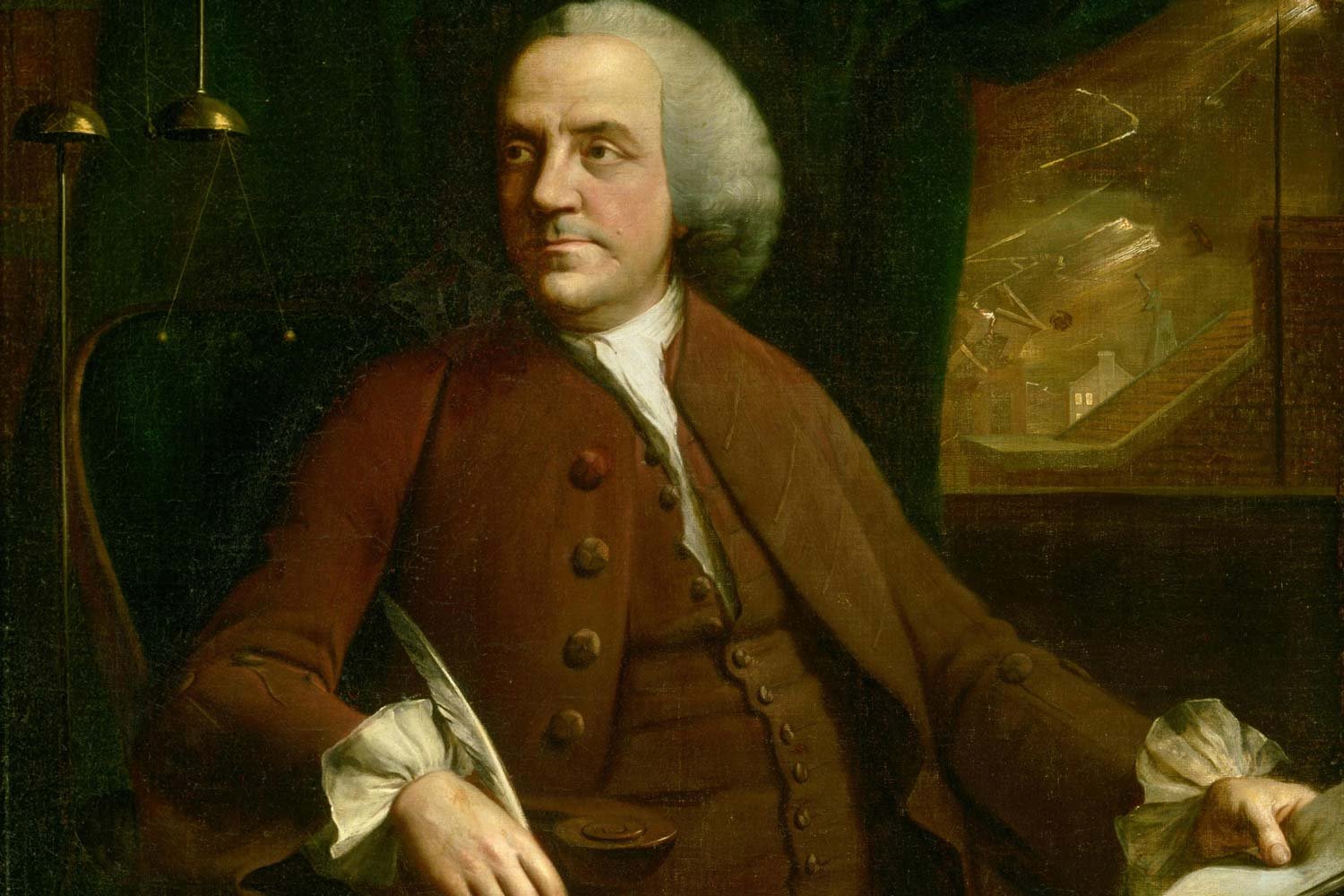
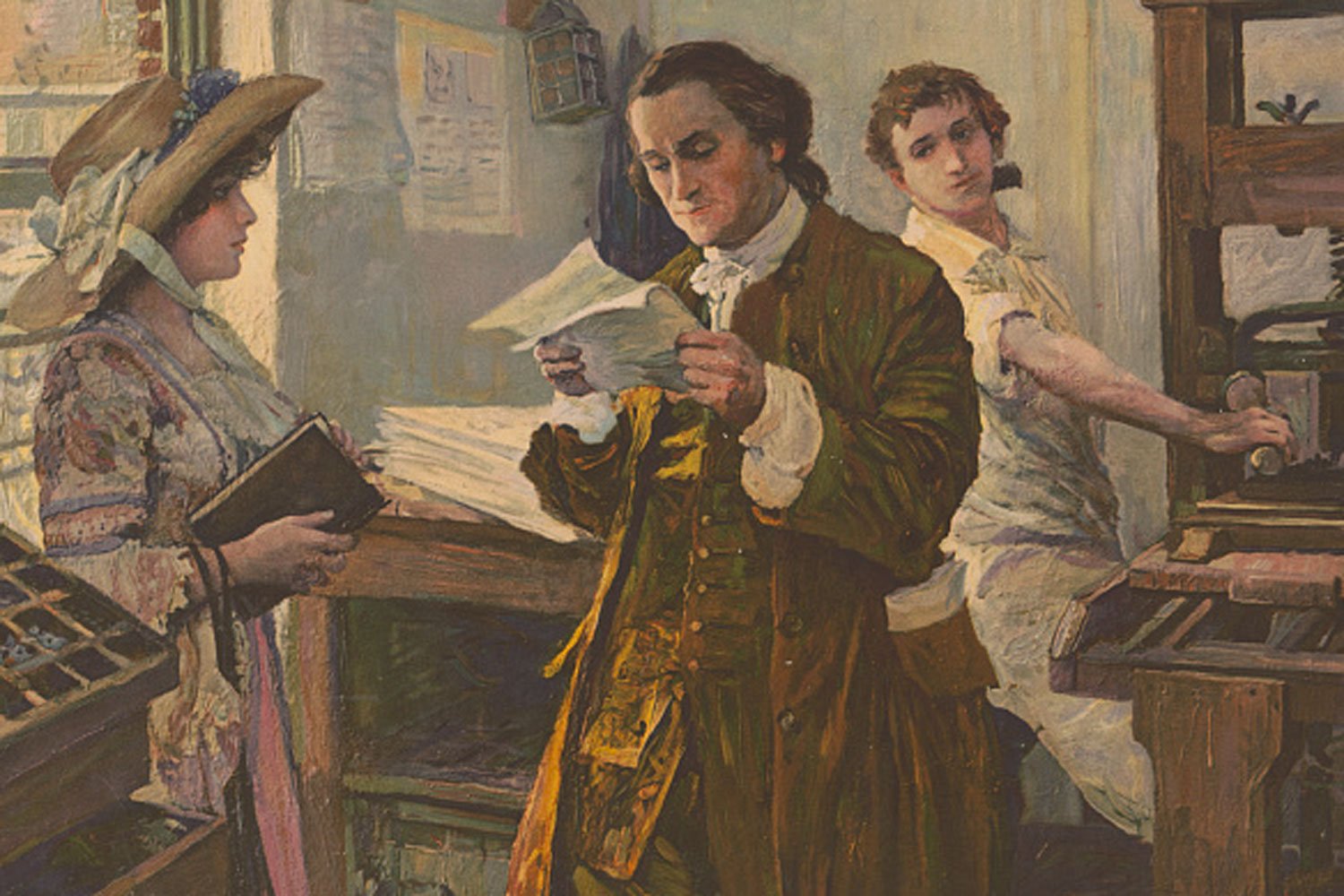

The Constitutional Convention adjourned on September 17, 1787, and would be Benjamin Franklin’s last moment in the spotlight of American history. It was a fitting finale for this man who had done so much to shape the nation in which he lived. Franklin was 81 years old, in poor health, and hoped for a well-deserved rest.